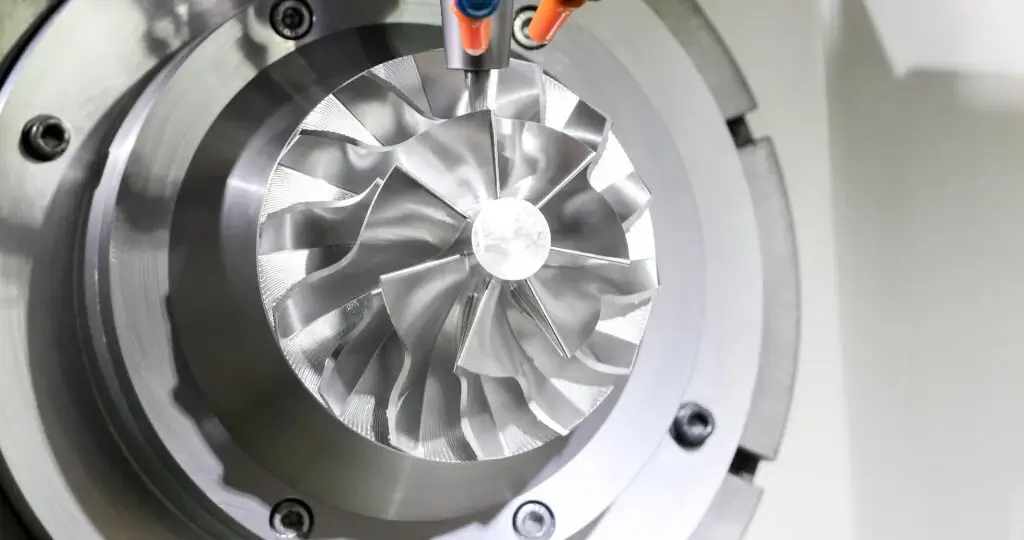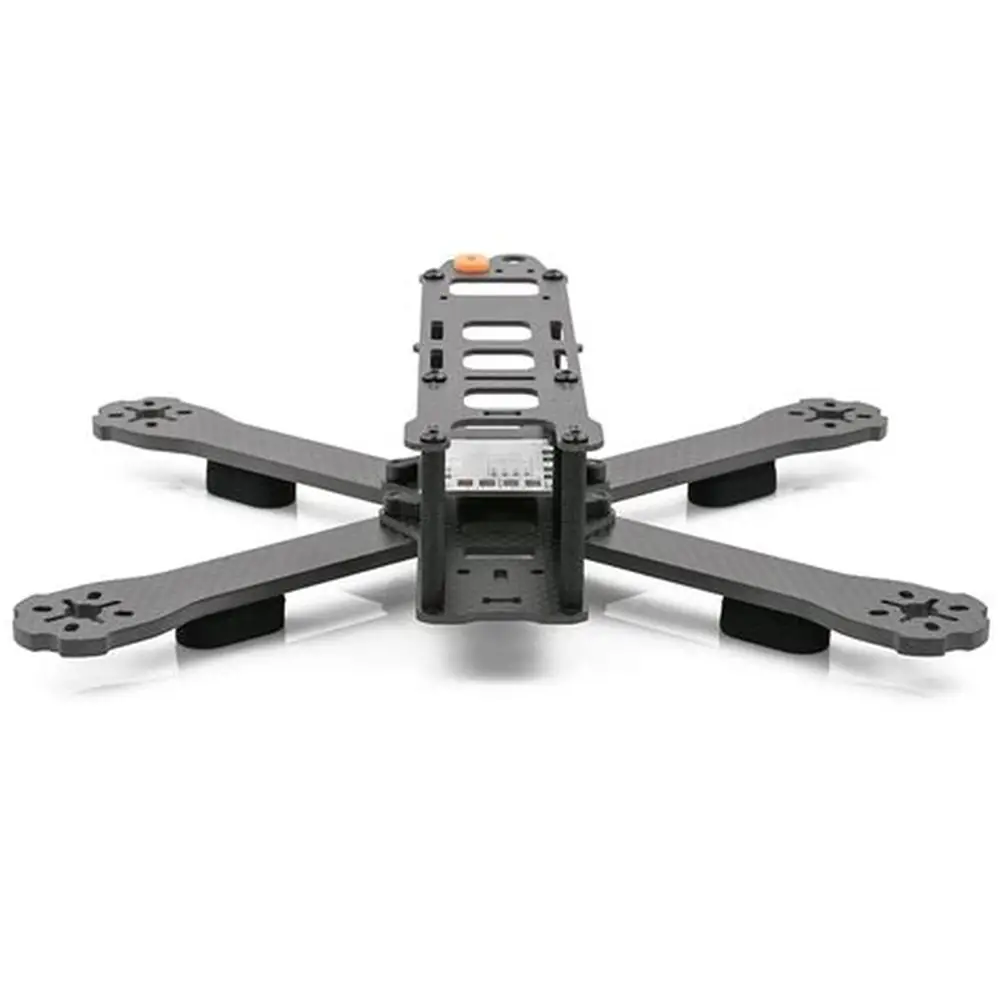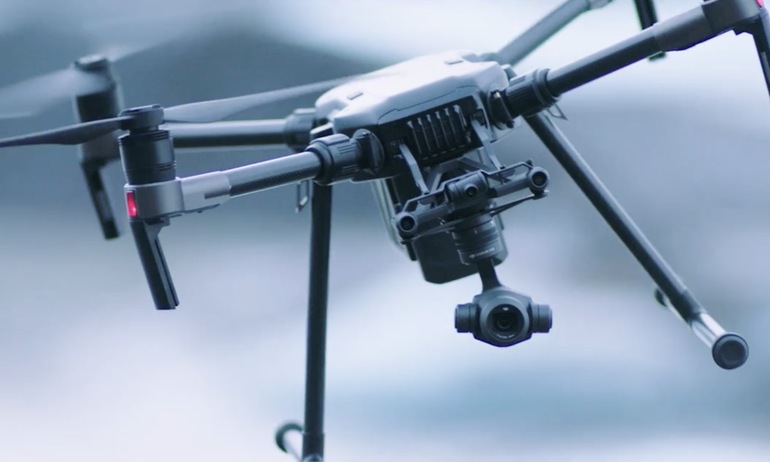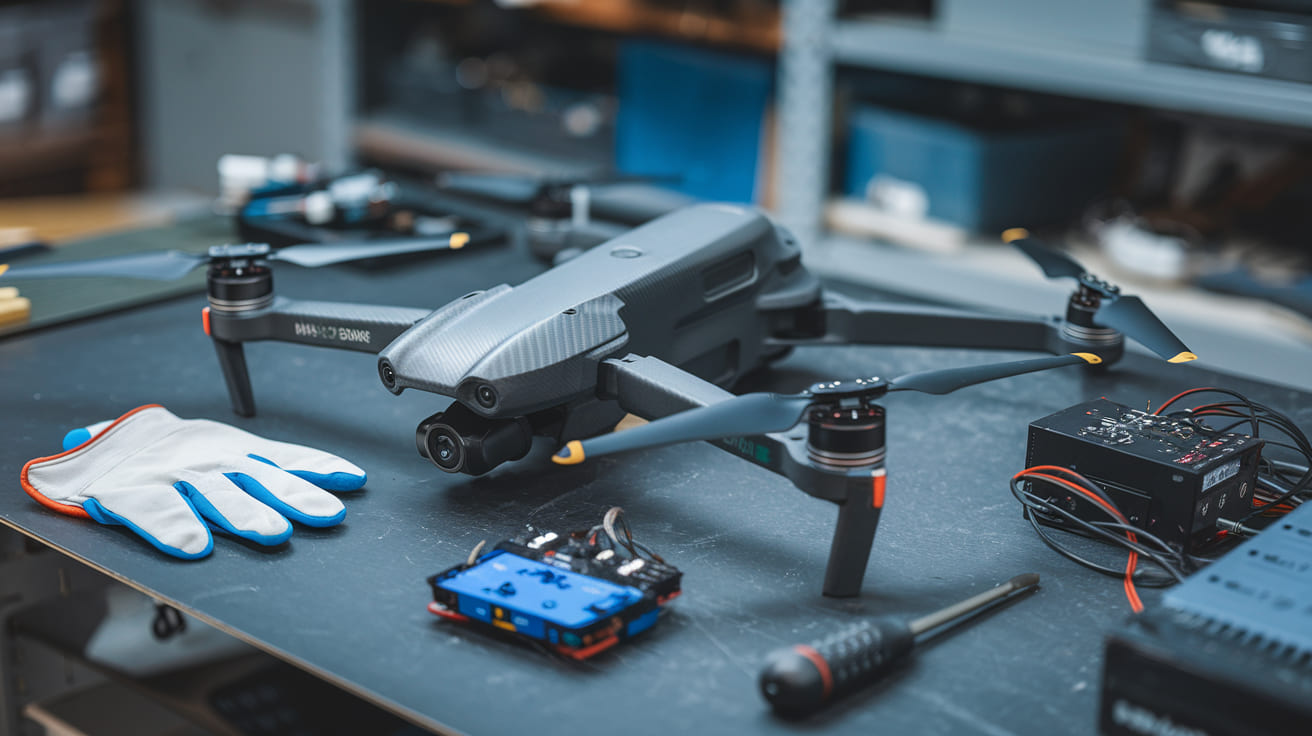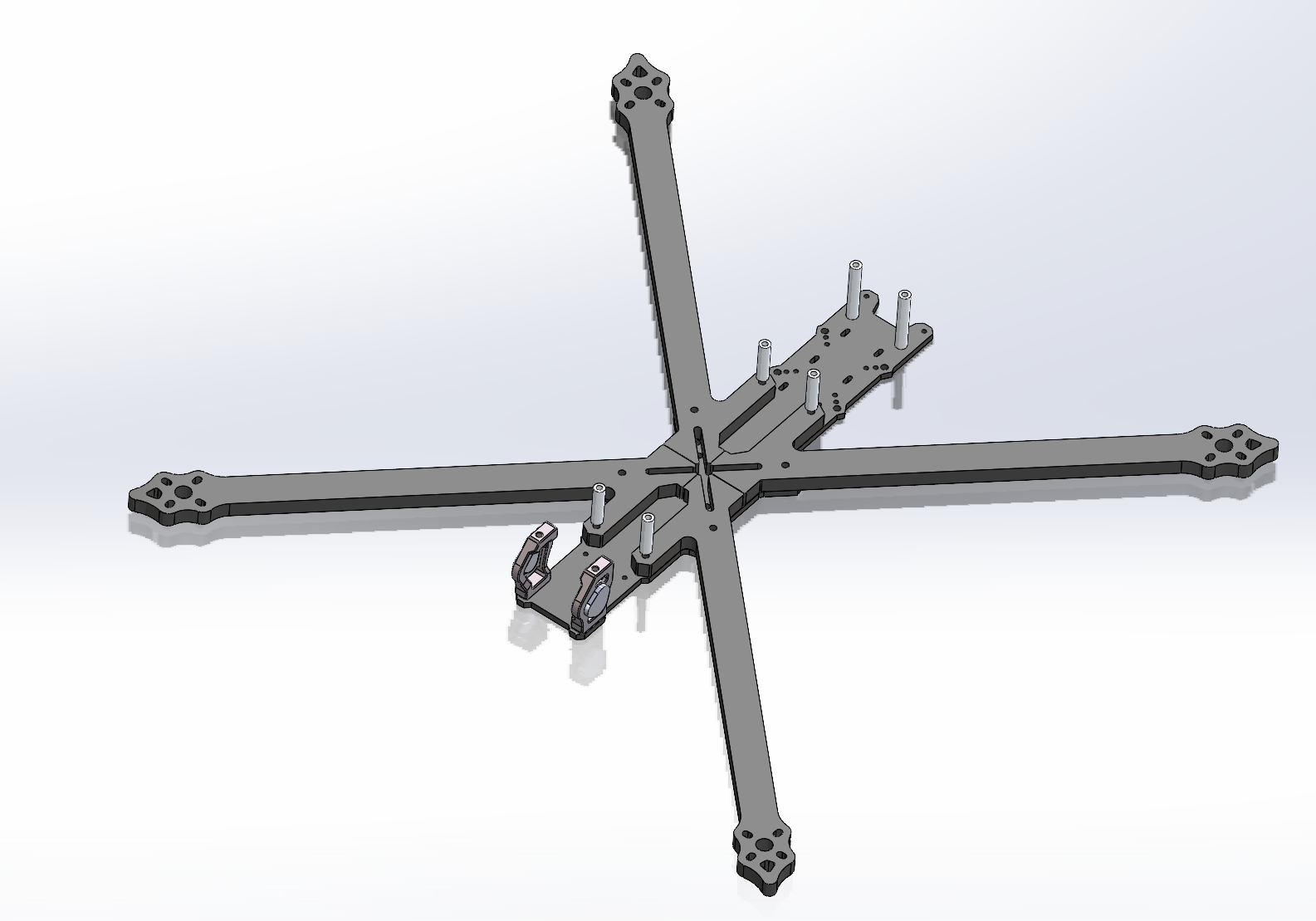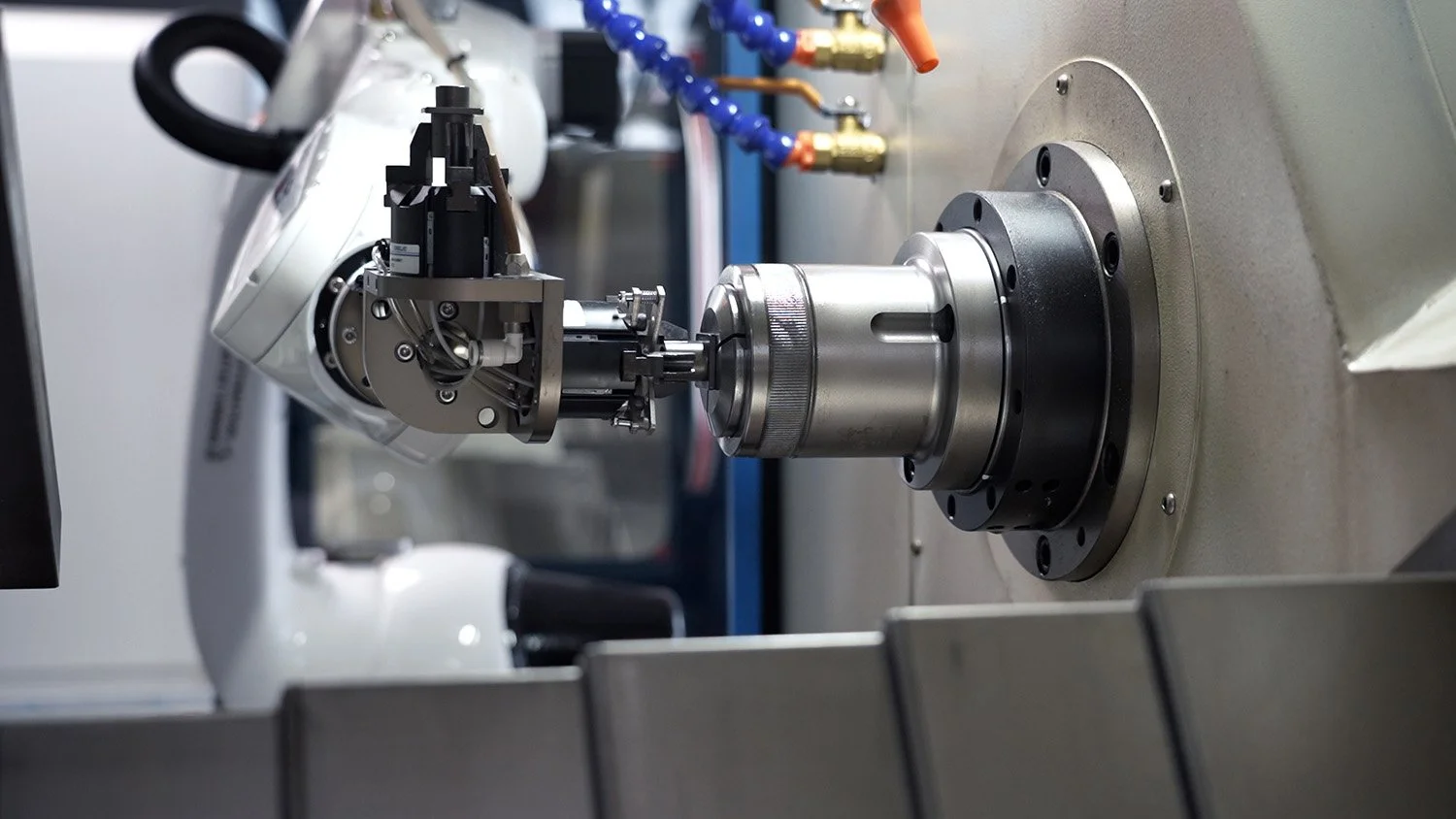Tight Tolerance CNC Machining for Aerospace Components: Precision Engineering for Critical Applications
The Critical Importance of Precision in Aerospace Manufacturing
The aerospace industry represents the pinnacle of engineering achievement, where component reliability and precision directly impact safety, performance, and operational success. Tight tolerance CNC machining for aerospace components stands as a foundational technology enabling the development of advanced aircraft, spacecraft, and defense systems. This specialized manufacturing discipline demands exceptional technical expertise, state-of-the-art equipment, and rigorous quality control systems to produce components that meet the exacting standards of global aerospace regulations. Tight tolerance CNC machining for aerospace components encompasses advanced manufacturing processes capable of maintaining dimensional accuracies within microns while ensuring material integrity and long-term performance in extreme operating environments.
The evolution of modern aerospace systems has dramatically increased the requirements for tight tolerance CNC machining for aerospace components. From commercial airliners to military aircraft and space exploration vehicles, the demand for lighter, stronger, and more reliable components continues to drive advancements in precision machining technologies. At JLYPT CNC Machining, we have established ourselves as leaders in tight tolerance CNC machining for aerospace components, developing specialized processes that consistently achieve the challenging specifications required by aerospace OEMs and defense contractors.
Aerospace Material Specifications for Tight Tolerance Applications
High-Performance Aerospace Alloys
The selection of appropriate materials is crucial for successful tight tolerance CNC machining for aerospace components. Different aerospace applications demand specific material properties and machining approaches:
Aluminum Aerospace Alloys
-
7075-T6: Premium aerospace aluminum with exceptional strength-to-weight ratio, used in structural components
-
2024-T3: High-strength alloy with excellent fatigue resistance for aircraft structures
-
6061-T6: Versatile general-purpose alloy with good machinability and corrosion resistance
-
7050-T7451: Stress-corrosion resistant variant for thick-section applications
Titanium and High-Temperature Alloys
-
Ti-6Al-4V: Workhorse titanium alloy for critical structural and rotating components
-
Inconel 718: Nickel-based superalloy for high-temperature engine applications
-
Waspaloy: Nickel-based superalloy with exceptional high-temperature strength
-
A286: Iron-based superalloy for moderate temperature applications
Specialized Aerospace Materials
-
PH Stainless Steels: Precipitation-hardening grades for high-strength applications
-
Managing Steels: Ultra-high strength steels for specialized structural components
-
Composites and Advanced Materials: Carbon fiber and ceramic matrix composites for specialized applications
Table: Aerospace Material Properties for Tight Tolerance CNC Machining
| Material | Tensile Strength (MPa) | Density (g/cm³) | Max Service Temp (°C) | Primary Aerospace Applications |
|---|---|---|---|---|
| 7075-T6 Aluminum | 572 | 2.81 | 120 | Wing spars, bulkheads, fuselage frames |
| Ti-6Al-4V | 950 | 4.43 | 300 | Engine components, landing gear, fasteners |
| Inconel 718 | 1375 | 8.19 | 700 | Turbine blades, engine disks, exhaust systems |
| A286 Stainless | 1000 | 7.87 | 650 | Fasteners, turbine frames, afterburner components |
| PH 13-8Mo | 1415 | 7.76 | 425 | Landing gear, actuator components, structural fittings |
Material Certification and Traceability
Aerospace Quality Requirements
-
AMS (Aerospace Material Specifications) compliance for all raw materials
-
Heat code traceability from raw material to finished component
-
Material certification including chemical analysis and mechanical properties
-
Lot control procedures ensuring consistent material properties
Special Process Documentation
-
First article inspection per AS9102 requirements
-
Process control documentation for all manufacturing operations
-
Non-conformance reporting and corrective action systems
-
Supplier quality management per AS9100 standards
Advanced Machining Strategies for Tight Tolerance Aerospace Components
Multi-Axis Machining Technologies
5-Axis Simultaneous Machining
-
Complex contour machining for aerodynamic surfaces and structural components
-
Reduced setup requirements improving accuracy and reducing lead times
-
Optimal tool orientation maintaining perpendicularity to complex surfaces
-
Single setup machining for complete component processing
High-Speed Machining Applications
-
Optimized cutting parameters for specific aerospace materials
-
Advanced toolpath strategies including trochoidal and adaptive clearing
-
Thermal management through controlled machining parameters
-
Surface finish optimization for aerodynamic and structural applications
Precision Machining Techniques
Micro-Machining Capabilities
-
Small feature machining for cooling holes and precision orifices
-
High-spindle speed applications up to 60,000 RPM for fine detail work
-
Micro-tooling technology for features as small as 0.1mm
-
Sub-micron accuracy for critical aerospace components
Advanced Turning Operations
-
Multi-axis turn-mill centers for complex rotational components
-
Live tooling applications for complete part processing in single setup
-
C-axis contouring for complex peripheral features
-
Precision boring operations for bearing and seal surfaces
Table: Machining Parameters for Tight Tolerance CNC Machining for Aerospace Components
| Operation Type | Tolerance Range (mm) | Surface Finish (μm Ra) | Machine Tool Requirements | Quality Verification Methods |
|---|---|---|---|---|
| 5-Axis Contouring | ±0.025-0.050 | 0.4-0.8 | Thermal stability, Vibration damping | Laser tracking, CMM scanning |
| High-Speed Milling | ±0.012-0.025 | 0.2-0.4 | High-frequency spindles, Advanced controls | Surface profilometry, Optical scanning |
| Precision Turning | ±0.005-0.015 | 0.1-0.3 | Hydrostatic guides, Thermal compensation | Roundness testers, CMM verification |
| Micro-Machining | ±0.002-0.008 | 0.05-0.15 | Ultra-precision spindles, Micro-tooling | Vision systems, White light interferometry |
| Jig Boring | ±0.003-0.010 | 0.1-0.2 | Precision lead screws, Temperature control | Bore gauges, CMM analysis |
Technical Challenges in Tight Tolerance CNC Machining for Aerospace Components
Thermal Management and Stability
Thermal Distortion Control
-
Machine tool thermal stabilization through controlled environments
-
Cutting fluid temperature management maintaining ±1°C stability
-
Workpiece temperature monitoring during extended machining operations
-
Thermal growth compensation in machine tool structures and components
Heat Generation Management
-
Optimized cutting parameters balancing material removal and heat generation
-
Advanced coolant delivery through tool and high-pressure systems
-
Chip load consistency preventing localized heating and tool deflection
-
In-process thermal monitoring using infrared and contact methods
Vibration and Dynamic Stability
Chatter Prevention Strategies
-
Dynamic toolpath optimization avoiding resonant frequencies
-
Tool holder balancing for high-speed machining applications
-
Machine foundation isolation from environmental vibrations
-
Active vibration damping systems for critical operations
Rigidity and Stability Requirements
-
Machine tool structural integrity maintaining stiffness under cutting loads
-
Workholding optimization ensuring maximum component stability
-
Tool selection criteria considering length-to-diameter ratios
-
Fixture design principles for thin-walled aerospace components
Quality Assurance Systems for Aerospace Components
Dimensional Metrology and Verification
Advanced Measurement Technologies
-
Coordinate measuring machines with scanning capabilities and temperature compensation
-
Laser tracking systems for large component verification and alignment
-
Optical comparators for rapid 2D feature verification
-
White light scanning for complex surface form verification
In-Process Quality Control
-
On-machine probing for real-time dimensional verification
-
Tool setting and breakage detection systems
-
Surface finish measurement integrated into machining processes
-
Statistical process control with real-time data collection
Non-Destructive Testing and Evaluation
Surface and Subsurface Inspection
-
Fluorescent penetrant inspection per ASTM E1417 for surface defect detection
-
Eddy current testing for near-surface flaw detection in conductive materials
-
Ultrasonic testing for internal defect detection and wall thickness verification
-
X-ray inspection for internal feature verification and defect detection
Material and Performance Validation
-
Hardness testing verification of heat treatment and material properties
-
Residual stress analysis using X-ray diffraction methods
-
Microstructural examination for grain structure and heat treatment verification
-
Fatigue testing for critical dynamic components
Case Studies: Tight Tolerance CNC Machining for Aerospace Components
Case Study 1: Turbine Engine Compressor Blade Manufacturing
Challenge: An aircraft engine manufacturer required tight tolerance CNC machining for aerospace components specifically for titanium compressor blades with aerodynamic profiles requiring profile tolerances of ±0.025mm and surface finishes of 0.4μm Ra. The components needed to maintain dimensional stability through multiple manufacturing and inspection processes.
Tight Tolerance CNC Machining for Aerospace Components Solution:
JLYPT implemented a comprehensive manufacturing strategy:
-
5-axis simultaneous machining using advanced CAM software for complex aerodynamic surfaces
-
Cryogenic machining environment maintaining temperature stability within ±0.5°C
-
Adaptive toolpath strategies compensating for tool deflection in thin-walled sections
-
In-process measurement with laser scanning for real-time profile verification
-
Stress relief optimization between roughing and finishing operations
Results:
-
Achieved profile tolerance of ±0.020mm exceeding specification requirements
-
Surface finish of 0.35μm Ra maintained across all aerodynamic surfaces
-
99.7% first-pass yield rate on production quantities of 5,000+ components
-
Successful engine testing including 1,000+ hours of operational validation
Case Study 2: Satellite Reaction Wheel Housing
Challenge: A space systems integrator needed tight tolerance CNC machining for aerospace components for aluminum reaction wheel housings requiring bore concentricity of 0.005mm TIR and positional tolerances of ±0.008mm for mounting features. The components needed to maintain dimensional stability across the operational temperature range of -80°C to +120°C.
Tight Tolerance CNC Machining for Aerospace Components Solution:
Our specialized approach included:
-
Multi-operation machining with complete processing in temperature-controlled environment
-
Precision boring operations using custom tooling with micro-adjustment capabilities
-
Thermal cycling validation during manufacturing to ensure dimensional stability
-
Coordinate measurement with temperature compensation for all critical features
-
Cleanroom assembly and testing for space-grade component requirements
Results:
-
Achieved bore concentricity of 0.004mm TIR exceeding space-grade requirements
-
Positional accuracy maintained within ±0.006mm across all mounting features
-
Dimensional stability verified through 50 thermal cycles without measurable deviation
-
Successful satellite deployment with zero mission-related anomalies
Case Study 3: Aircraft Landing Gear Actuator Components
Challenge: An aerospace systems manufacturer required tight tolerance CNC machining for aerospace components for high-strength steel actuator components with bearing surface tolerances of ±0.005mm and surface finishes of 0.2μm Ra. The components needed to withstand dynamic loads while maintaining precise alignment under extreme operating conditions.
Tight Tolerance CNC Machining for Aerospace Components Solution:
JLYPT’s comprehensive manufacturing strategy incorporated:
-
Hard turning operations for precision bearing surfaces on hardened components
-
Multi-axis machining for complex internal passages and mounting features
-
Surface enhancement processes including low-stress grinding and superfinishing
-
Load testing simulation during manufacturing to validate performance
-
Statistical process control with real-time monitoring of critical parameters
Results:
-
Achieved bearing surface tolerance of ±0.004mm with surface finish of 0.15μm Ra
-
Fatigue testing demonstrated 200% of design life requirements
-
Dynamic load testing confirmed performance under extreme operating conditions
-
Successful certification and implementation in next-generation aircraft systems
Future Trends in Tight Tolerance CNC Machining for Aerospace Components
Digital Manufacturing Integration
Industry 4.0 Implementation
-
Digital twin technology for virtual process validation and optimization
-
IoT-enabled machine monitoring providing real-time process analytics
-
Predictive maintenance systems minimizing unplanned downtime
-
Cloud-based manufacturing execution systems for seamless data integration
Advanced Process Optimization
-
AI-driven parameter optimization based on material lot variations
-
Machine learning applications for tool wear prediction and compensation
-
Real-time adaptive control responding to process variations
-
Automated quality verification reducing inspection time and human error
Sustainable Manufacturing Initiatives
Environmental Responsibility
-
Energy-efficient machining strategies reducing power consumption
-
Advanced coolant management systems minimizing environmental impact
-
Recycling and reclamation of metal chips and cutting fluids
-
Sustainable material sourcing with improved environmental profiles
According to research from the National Institute of Standards and Technology, implementation of smart manufacturing technologies can improve energy efficiency by 20-30% in precision machining operations while maintaining or improving quality standards in aerospace components.
Conclusion: Excellence in Tight Tolerance CNC Machining for Aerospace Components
The manufacturing of precision components for aerospace applications represents the highest level of achievement in CNC machining technology. Success in providing tight tolerance CNC machining for aerospace components requires not only advanced equipment and technical expertise but also comprehensive quality systems, regulatory compliance, and continuous process improvement.
At JLYPT CNC Machining, our commitment to advancing tight tolerance CNC machining for aerospace components ensures that our clients receive components that meet the most demanding aerospace specifications while optimizing manufacturing efficiency and reliability. The future of aerospace manufacturing will continue to evolve with digitalization, advanced materials, and increasingly sophisticated aircraft systems driving innovation in precision machining capabilities.
For aerospace organizations seeking expert partners in tight tolerance CNC machining for aerospace components, JLY Precision Technology’s CNC machining services offers comprehensive solutions with demonstrated expertise in precision aerospace component manufacturing.

